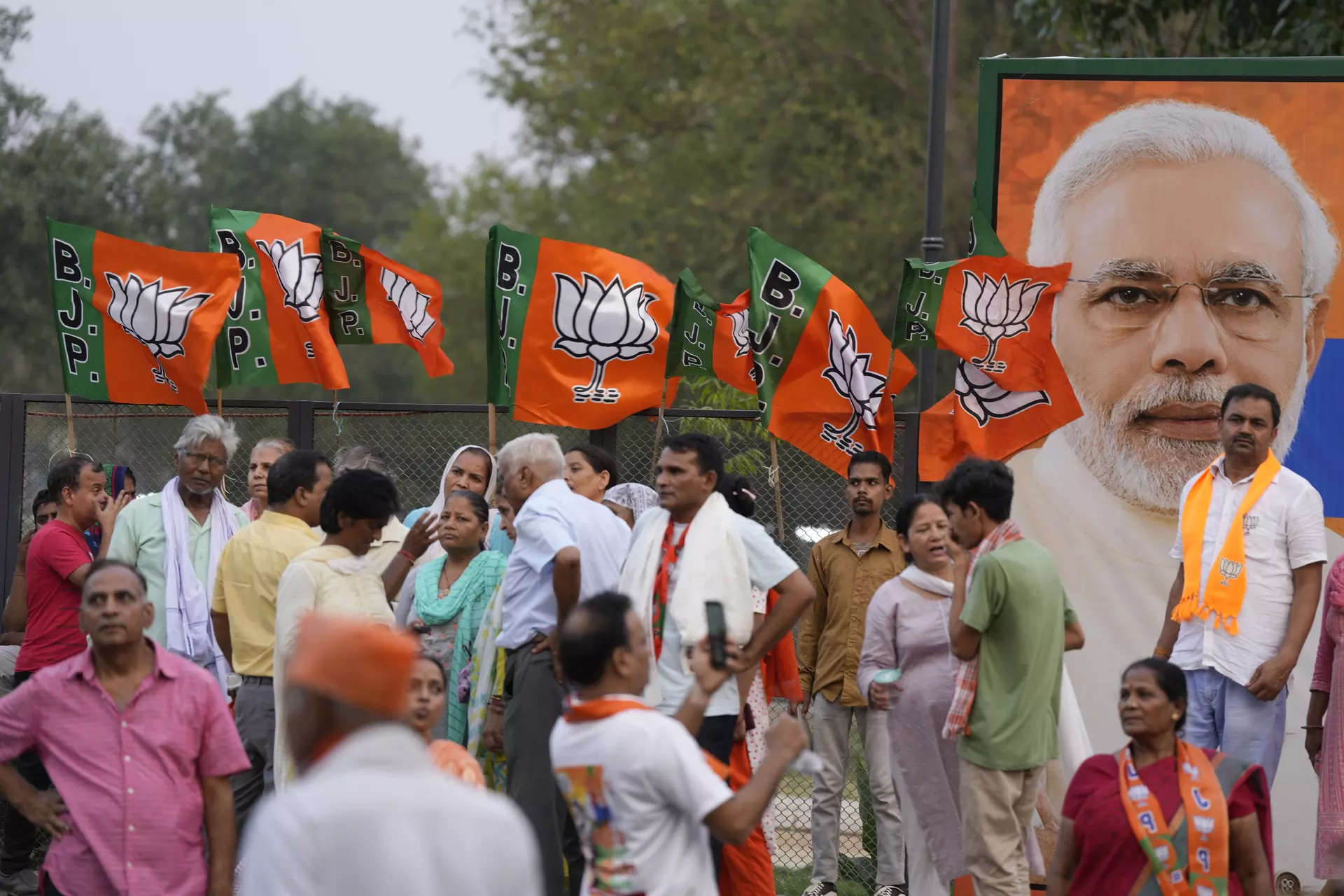Navigating market volatility during elections: Insights & strategies for investors
Elections bring uncertainty with potential policy shifts like tax reforms, subsidies policies, and changes to capital gains tax. Market volatility can unsettle investors as they reevaluate positions based on political rhetoric and campaign promises.
often bring with them the uncertainty of policy regime as well as expectations of new conducive policies. Whether it's tax reforms, regulatory adjustments, or shifts in government spending priorities, the uncertainty surrounding potential policy shifts can unsettle investors. For example, the prospect of changes to capital gains tax or corporate tax rates or subsidies policies can have significant implications for various asset class, leading to as reevaluate their positions. Elections can also influence investor sentiment, impacting . Political rhetoric, campaign promises, and media coverage can all shape perceptions about the future direction of the economy and markets. Positive sentiment may lead to bullish market behaviour, while uncertainty or negative sentiment can fuel selling pressure and increased volatility. How would the foreign investor sentiments shape as well as the domestic sentiment evolve post elections are important factors of influence.The advocated by candidates can influence market expectations. For instance, proposals related to fiscal discipline, trade agreements, or monetary policy can sway investor sentiment and drive market movements. Investors often closely monitor candidates' economic agendas and assess the potential implications for sectors and industries. In the current scenario while the confidence and expectations continue to be high on the current government, over expectations may lead to disappointment. Elections can result in shifts in regulatory priorities, impacting specific sectors or industries. For example, changes in environmental regulations, healthcare policies, or financial regulations can have far-reaching consequences for relevant companies and market segments. While the government is pro-business, given the majority, it may start taking a tough stance on the way many businesses were run in the past.
The market behaviour heading into the last seven elections (1998-2019) has been largely optimistic. Most of the time, equity markets have outperformed global indices and emerging markets, recording positive returns. Nifty returns in the three months preceding the were positive and varied from 8% to 29%, except for 2004. The market's reaction to the election results, however, were relatively modest given high expectations before the election. The party or coalition forming the government and the size of the coalition determine the response of the market before and after elections.
Navigating Market Volatility: for Investors
Given the potential for market volatility during elections, investors may consider implementing the following strategies to manage risks and capitalize on opportunities:
Maintaining a well-diversified portfolio can help mitigate the impact of election-related volatility. By spreading investments across different asset classes, sectors, and geographies, investors can reduce their exposure to specific risks associated with political events. Avoid high leverage or derivatives positions in the elections. Amidst market fluctuations, it's essential to focus on the underlying fundamentals of the companies in which you invest. Strong financial performance, competitive positioning, and robust business models can help weather short-term volatility and drive long-term returns. Reassess your conviction and apply a stress test to your portfolio building various scenarios to cut the risks in the portfolio while keeping eyes on any emerging opportunities amidst any volatility.
Stay abreast of political developments, policy proposals, and election-related news that could impact markets. Understanding the potential implications of various scenarios can help investors make informed decisions and adjust their portfolios accordingly. While it's tempting to react impulsively to market swings, disciplined involves maintaining a long-term perspective and avoiding knee-jerk reactions. Emotions can cloud judgment and recency bias or herd mentality may takeover, leading to irrational decision-making. Instead, stick to your investment plan and avoid making hasty changes based on short-term market movements.
In conclusion, elections have the potential to trigger market volatility as investors grapple with , shifting sentiment, and . By understanding the factors driving volatility and implementing sound investment strategies, investors can navigate the challenges posed by elections and position themselves for long-term success in the markets. Given the current situation and the pre-poll survey predict a majority, past elections have indicated that the markets enter elections period with an optimistic expectation. While history does rhyme, given the economic momentum, entrepreneurial spirit of Indians and tech fuelled governance, will this prove history wrong? Embracing discipline over emotional reactions is crucial, by adopting a disciplined approach and integrating these strategies, investors can navigate election-related uncertainties and position themselves to seize long-term investment opportunities in this golden period of AMRITKAAL amidst the turbulence.
(The author is smallcase manager & founder and CIO of )
(Disclaimer: Recommendations, suggestions, views and opinions given by the experts are their own. These do not represent the views of )
Source: Stocks-Markets-Economic Times
